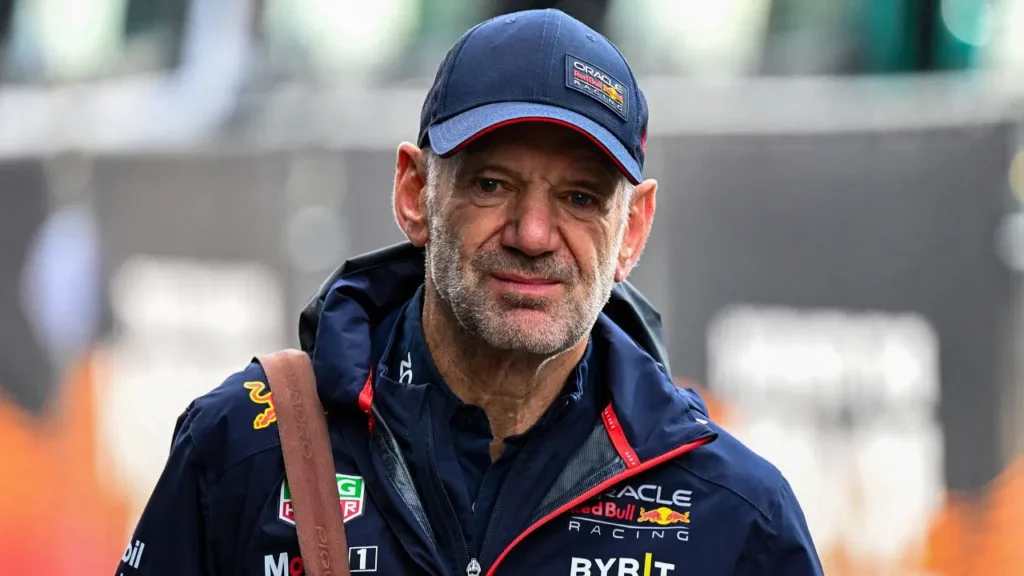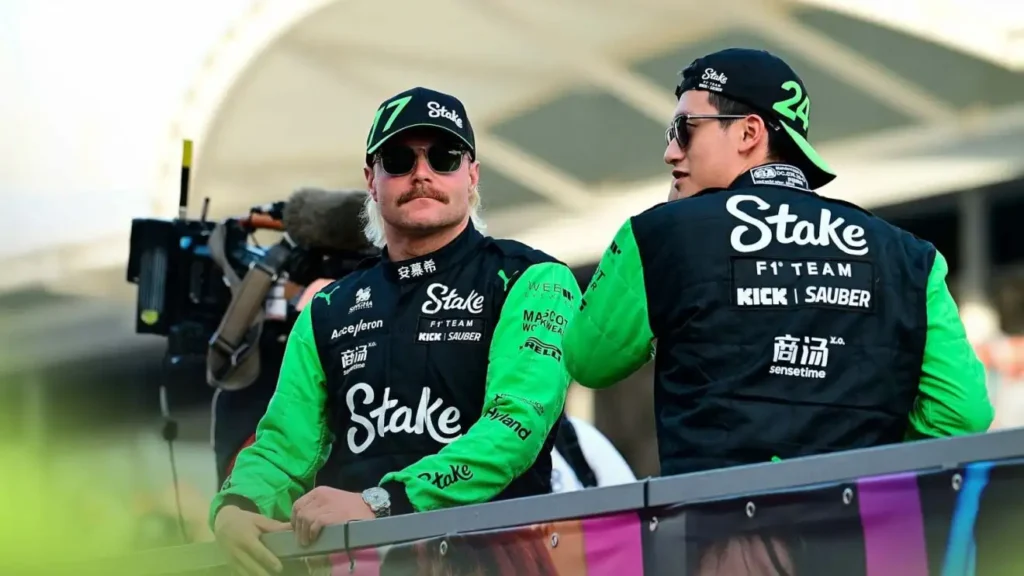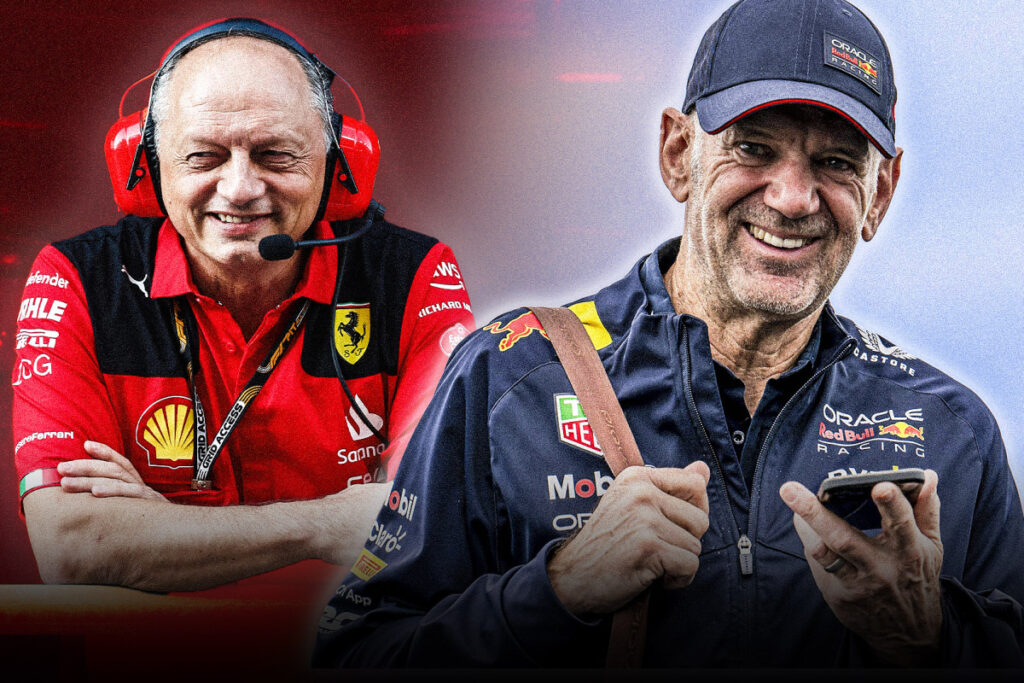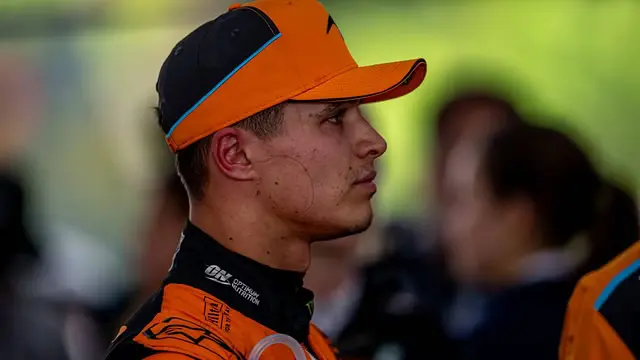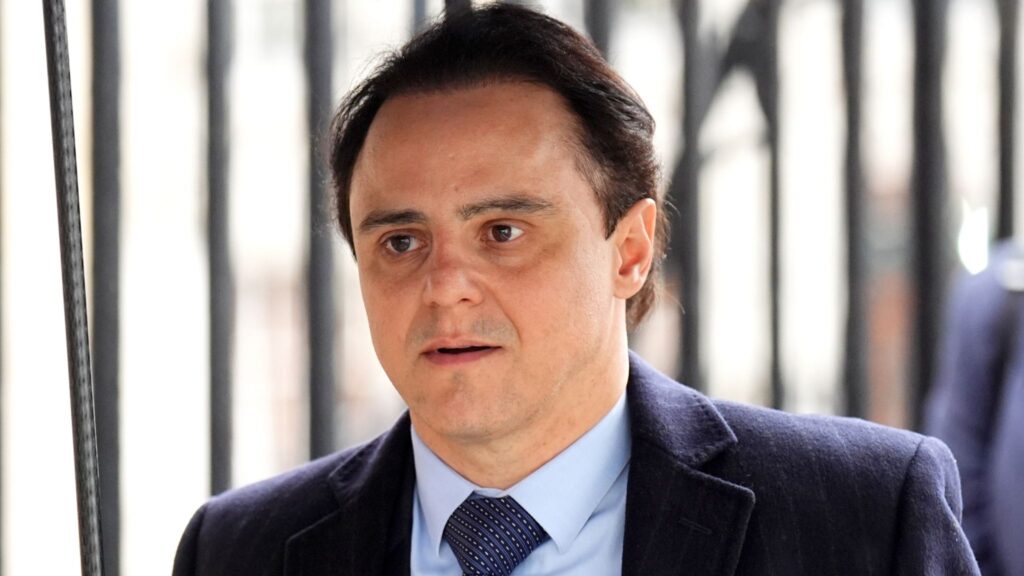
The drama of the Formula 1 World Championship rarely concludes with the checkered flag. For years, the memory of the 2008 title fight—a season decided by a single point in the final corner of the final lap—has been defined by extraordinary sporting theater. Yet, over 15 years after Lewis Hamilton claimed his maiden title in São Paulo, the results of that season have been thrown into jeopardy, not by a review of driving standards, but by a civil action filed in the high courts of London.
Former Ferrari driver Felipe Massa has initiated a sweeping legal challenge against the sport’s most powerful entities: the Fédération Internationale de l’Automobile (FIA), Formula One Management (FOM), and former F1 supremo Bernie Ecclestone. Massa claims that institutional failings and a deliberate cover-up concerning the infamous “Crashgate” scandal at the 2008 Singapore Grand Prix effectively cheated him out of the championship. He is seeking a formal declaration that he is the “rightful 2008 Drivers’ Champion” and substantial financial damages, reportedly in the range of $85 million (£60 million), citing a profound loss of earnings and sponsorship opportunities that a world title would have guaranteed.
The case transcends a simple sporting dispute. It challenges the fundamental governance principle of sporting finality—the idea that race results become untouchable after the season concludes and awards are granted. Massa’s action alleges not merely a rule misinterpretation but a knowing breach of duty by the sport’s leaders to conceal premeditated fraud. This fight has the potential to set a powerful and controversial precedent, forcing courts to adjudicate retrospective justice and potentially rewriting the definitive history of Formula 1.
Background: The 2008 Singapore Grand Prix and Crashgate
The foundation of Massa’s legal pursuit lies squarely in the events of the inaugural Singapore Grand Prix in September 2008. That year, Massa was locked in a fierce, season-long battle with Lewis Hamilton, one that ultimately saw Hamilton edge the Brazilian by the narrowest margin—a single championship point.
The Manipulated Incident
The Singapore race, held under floodlights, saw Massa lead comfortably from pole position until disaster struck. The incident that halted the race, known later as “Crashgate,” involved the Renault team instructing driver Nelson Piquet Jr. to deliberately crash his car on a specific lap and corner. The orchestrated accident was timed to trigger a Safety Car deployment, which provided a massive strategic advantage to Piquet Jr.’s teammate, Fernando Alonso, who had pitted moments before the crash.
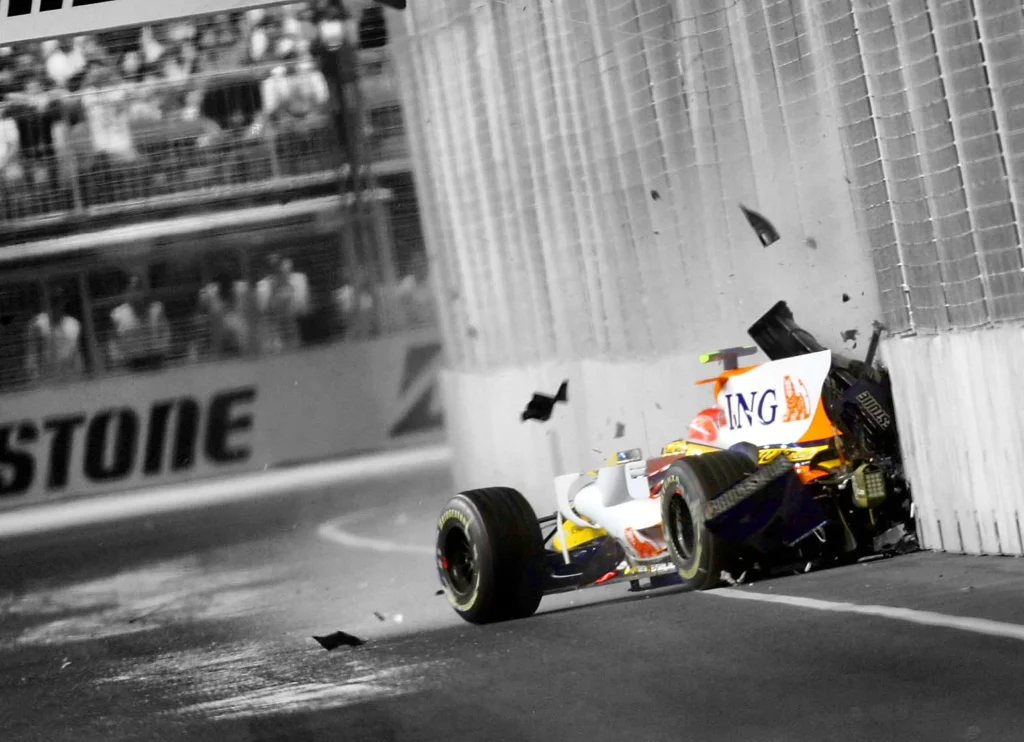
For Massa, the consequences were devastating. While leading, the safety car deployment required Ferrari to bring him in for an emergency pit stop. Under the pressure of the highly disruptive circumstances, the pit stop was catastrophic: Ferrari released Massa before the refueling hose was fully detached from his car. The Ferrari driver pulled away with the hose still attached, scattering crew members and forcing him to stop at the end of the pit lane to have the equipment removed. The error dropped him to the back of the field, and he ultimately finished outside the points. Meanwhile, Lewis Hamilton, Massa’s main rival, benefited from the chaos and finished third, gaining valuable points that proved decisive.
The Delayed Revelation
Crucially, the deliberate nature of Piquet Jr.’s crash and the manipulative intent of the Renault team (specifically, team principal Flavio Briatore and director of engineering Pat Symonds) were not uncovered until the year following the 2008 season. Once revealed in 2009, the scandal resulted in severe sanctions for the team principals, but the FIA declared the championship results irreversible under the principle that the rankings were “untouchable” after the annual awards ceremony. The fact that the highest levels of Formula 1 were aware of the fraud only after the season concluded, or so it was believed, prevented any challenge to the final points tally.
Massa’s Claim and Legal Basis
The 15-year-old story was violently reignited by an interview given in 2023 by former F1 CEO Bernie Ecclestone. The comments provided the specific evidence Massa’s legal team needed to launch their extraordinary civil action.
The Catalyst: Ecclestone’s Admission
In his 2023 interview, Ecclestone suggested that he and the then-FIA President Max Mosley were aware of the deliberate nature of Crashgate during the 2008 season, before the conclusion of the championship. Ecclestone was quoted as saying that they “decided not to do anything for the time being” to protect the image of the sport, seeking to “save it from a huge scandal”. This allegation—that the leadership of F1 and the FIA intentionally concealed fraud to protect commercial interests—forms the very core of Massa’s claim.
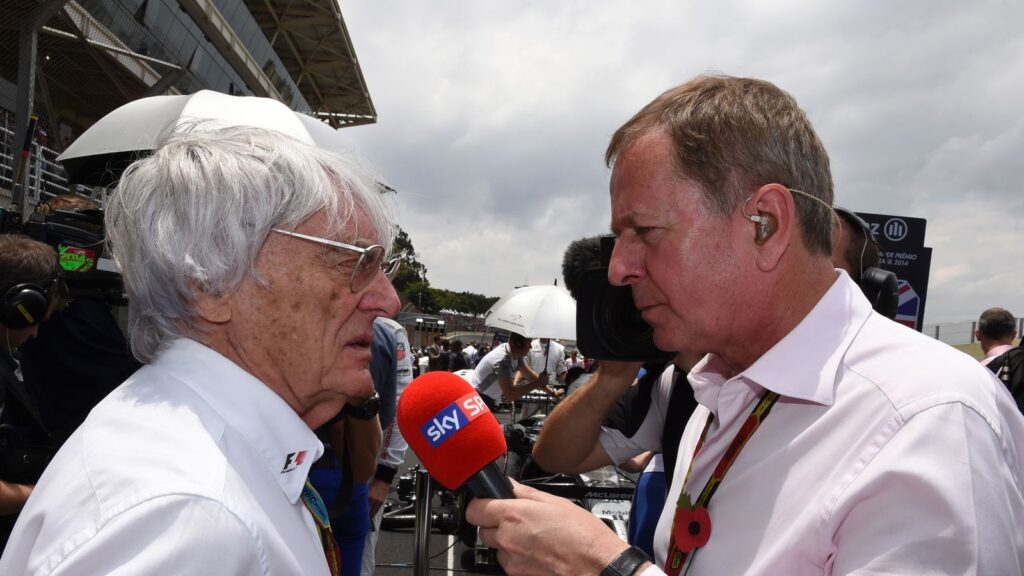
The Argument: Breach of Duty
Massa’s legal argument hinges on the assertion that the FIA and FOM committed a breach of contract or duty to the competitors by failing to investigate the deliberate manipulation immediately and by covering up the evidence. Massa’s team asserts that had the FIA acted responsibly upon receiving the information during 2008, the appropriate course of action would have been to annul the results of the tainted Singapore Grand Prix. If the Singapore race were nullified, Massa would accrue no points, but crucially, Lewis Hamilton would also lose the six points he gained that day, resulting in a title swing that would crown Massa as the rightful champion.
Massa emphasizes the moral necessity of the fight, stating, “Accountability is key to preventing future fraud. Those entrusted with protecting the sport directly violated their duties, and they cannot be allowed to benefit from concealing their own misconduct”. Massa’s lawyers, including Nick De Marco KC, argue that there is a “real prospect of succeeding on all of the grounds,” justifying the progression of the case to a full trial despite defense efforts to secure dismissal. The Brazilian driver seeks not only the declaration of being the true 2008 champion but also the claimed $85 million in financial losses sustained throughout his career due to the lack of that crucial title.
FIA and Formula 1’s Counter-Response
The defendants—the FIA, FOM, and Bernie Ecclestone—have mounted an aggressive legal defense, arguing the action is a non-starter based on fundamental legal and sporting principles. Their strategy aims to demonstrate that Massa’s claim is procedurally flawed, too speculative, and ultimately a “misguided attempt” to revisit settled history.
Defense of Sporting Finality and Statute of Limitations
The primary legal shield employed by the defense is the doctrine of sporting finality. David Quest KC, representing Ecclestone, argues strongly against the court’s competence to intervene in established sporting history. He contends that Massa’s request for a judicial declaration that he is the rightful champion would “treat the Court as a sports ‘debating club’, asking it to embark upon a counterfactual exercise concerning the refereeing of a sporting event which took place nearly 17 years ago”. This argument effectively utilizes the passage of time—implicitly referencing the statute of limitations—to suggest that the finality of the results, established when Hamilton received the trophy in December 2008, cannot be overturned.
The Causation Argument: Massa’s Own Errors
The defense has also focused intensely on the concept of legal causation, seeking to sever the link between the institutional cover-up and Massa’s loss of the championship. Lawyers for the FIA and FOM argue that while Crashgate did occur, the actual reason Massa failed to score points was due to errors committed by him and his Ferrari team.
Anneliese Day KC, representing FOM, argued that “In truth, it was not the deployment of the safety car which changed the course of history for Mr Massa, but rather a series of subsequent racing errors by him and his team during the remaining 47 laps of the race”. John Mehrzad KC, representing the FIA, echoed this sentiment, stating that Massa’s claim “conspicuously overlooks a catalogue of his own errors,” including the famous incident where he drove off with the fuel rig still attached. This tactic aims to minimize the financial damages claim by proving that Massa’s $85 million loss was self-inflicted by his own or Ferrari’s poor operational execution, not solely by the institutional concealment of the fraud.
Furthermore, the defense has highlighted the complexity of attempting to restitute the title. Quest KC noted that Lewis Hamilton, who is not a party to the proceedings, would be “deprived of his 2008 title” despite being “equally exposed to the crash” as any other driver.
The Shifting Position of Ecclestone
Adding a layer of legal complexity is the shifting position of Bernie Ecclestone himself, whose 2023 comments triggered the case. Following his initial admission of prior knowledge, Ecclestone’s lawyer stated to the court that the former supremo “does not remember giving this interview” and has sought to distance himself from the critical admission.
Timeline of the 2008 F1 Title Controversy and Legal Action
The long gap between the events of 2008 and the legal action in 2023 is central to the defense’s argument for dismissal based on historical finality. The following timeline illustrates the key milestones in this controversy:
Timeline of the 2008 F1 Title Controversy and Legal Action
Date/Period | Event/Development | Significance |
September 2008 | Singapore Grand Prix (“Crashgate”) | Manipulation occurs; Safety Car deployment leads to Massa’s disastrous pit stop. |
November 2008 | Brazilian Grand Prix | Lewis Hamilton secures the title by one point over Massa in the final moments. |
December 2008 | FIA Awards Ceremony | Championship standings formalized; Lewis Hamilton receives the World Championship trophy. |
2009 | Crashgate Scandal Publicly Revealed | FIA investigates, leading to severe sanctions against Renault team principals, but results stand. |
Early 2023 | Ecclestone’s Admission | Catalyst for legal action; Ecclestone claims he and Mosley knew of manipulation during the 2008 season. |
August 2023 | Massa’s Legal Team Issues Formal Letter | Official start of legal challenge demanding rectification or compensation. |
Ongoing (2024) | London High Court Hearings | Preliminary applications filed by FIA, FOM, and Ecclestone to dismiss the case before trial. |
The Wider Repercussions: Challenging F1 Governance
If Felipe Massa were to prevail in his legal action, the repercussions for Formula 1 and international sports governance would be profound and far-reaching, fundamentally challenging the mechanisms by which sporting history is established and maintained.
Threat to Sporting Records
The most immediate and visible consequence would be the potential rewriting of championship history. A judicial decision declaring Massa the rightful champion would delegitimize Lewis Hamilton’s first F1 title, forcing a public and painful re-evaluation of one of the sport’s most dramatic finales. Although Hamilton is not a defendant, his career legacy is inherently linked to the case, transforming the retrospective inquiry into a personalized, high-stakes public debate over historical entitlement.
Undermining FIA Credibility
A court ruling confirming that the FIA and FOM deliberately concealed proven fraud in 2008 would judicially validate a severe allegation of institutional misconduct. This would critically damage the FIA’s credibility as the neutral, unimpeachable arbiter of global motorsport regulation. The case directly questions whether the governing body prioritized self-protection—seeking to “protect the sport and save it from a huge scandal” —over upholding the principles of fair competition.
Setting Legal Precedent: The Floodgates
The central legal struggle is whether intentional misconduct by the governing body can supersede the traditional adherence to sporting finality. If the court rules that Massa’s claim for damages—stemming from a duty of care breached by intentional concealment—must proceed to trial, it could establish a crucial precedent. This precedent could embolden competitors in other major global sports to challenge long-standing results based on the subsequent discovery of premeditated corruption or official collusion, potentially opening the “floodgates” for similar, retrospective legal challenges worldwide. The ruling could effectively create a new avenue for tortious claims against sporting authorities when intentional misconduct directly results in measurable financial loss, as Massa claims with his $85 million figure.
Historical Context and Legacy
Felipe Massa’s lawsuit must be viewed within the context of Formula 1’s long history of intense controversy, though Crashgate and the subsequent legal challenge stand apart due to the nature of the alleged wrongdoing.
Distinction from Past Disputes
Formula 1 has been shaped by legendary disputes rooted in on-track incidents or contentious rule interpretations—from the Senna-Prost clashes in the late 1980s to Michael Schumacher’s controversial title win in 1994. These controversies typically centered on the ambiguous application of existing sporting regulations or high-pressure driver error. Crashgate is fundamentally different: it involves proven, premeditated criminal fraud by a team, followed by alleged institutional knowledge and concealment.
Comparison to Abu Dhabi 2021
In the modern era, the most cited parallel is the highly controversial conclusion to the 2021 World Championship in Abu Dhabi, where the Race Director’s inconsistent application of Safety Car rules directly cost Lewis Hamilton the title.
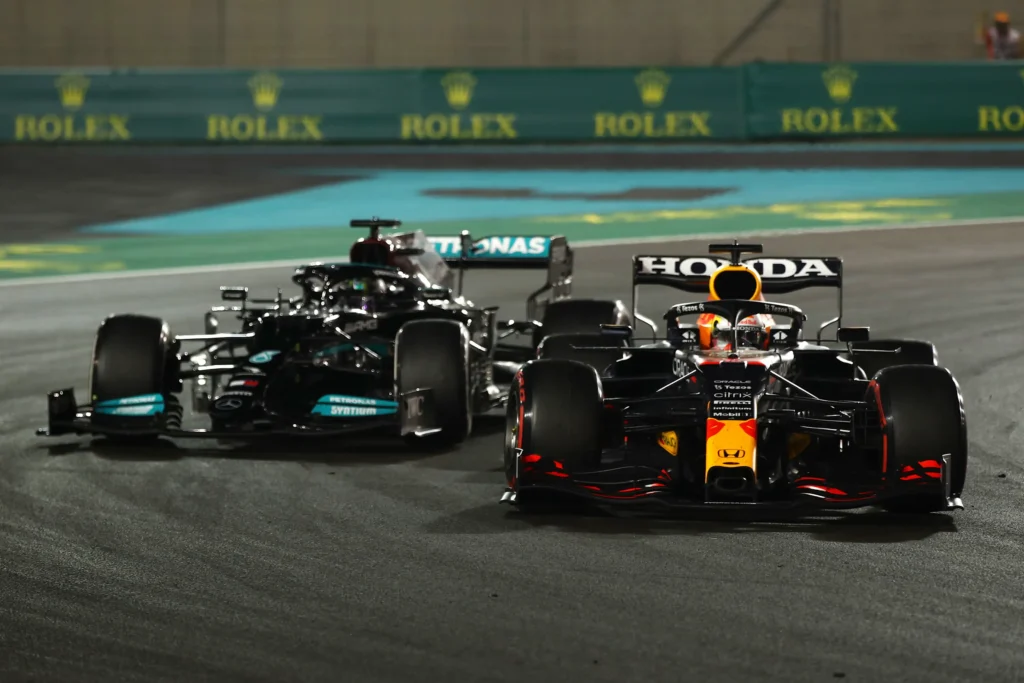
However, the distinction is significant: the 2021 incident involved a contentious interpretation or “misapplication” of rules by a race official. While legally actionable, it was a judgment call based on rules ambiguity. In contrast, Crashgate involves an intentional, calculated act of cheating by a team, allegedly concealed by the sport’s leaders. The legal grounds for challenging intentional concealment of fraud are arguably more compelling than challenging a disputed refereeing decision, highlighting the unique depth of institutional failure Massa is fighting.
Massa’s pursuit reflects a broader, contemporary demand for accountability in elite sport, contrasting sharply with the “closed shop” governance style prevalent during the Ecclestone/Mosley era. It serves as a modern reflection of the desire for retroactive justice, pushing F1 toward greater transparency, even if it means disrupting foundational records.
Conclusion: Integrity Versus Finality
At the time of writing, Felipe Massa’s comprehensive legal challenge is undergoing preliminary application hearings in the London High Court. The immediate future of the case rests on whether the presiding judge determines that the defense’s arguments for dismissal—chiefly centered on the principles of sporting finality and the difficulty of establishing direct causation for damages after so many years—are sufficiently compelling to end the claim outright.
Massa’s lawsuit crystallizes a profound ethical dilemma for modern professional sports governance: at what juncture does evidence of high-level institutional misconduct, particularly the intentional concealment of proven fraud, become potent enough to legally override the widely accepted necessity for historical closure and the finality of sporting records?
Regardless of whether the court allows the case to proceed to a full trial, Massa’s persistent fight has already achieved a notable goal: it has definitively resurrected the legacy of Crashgate and ensured that the systemic failure of the 2008 governing bodies remains under intense, judicial scrutiny. The pursuit represents more than just a quest for a title or financial compensation; it is a powerful demand for accountability in the highest echelons of global sport, guaranteeing that the 2008 championship—a season of unparalleled sporting drama—will forever be viewed through the complex lens of alleged corruption and subsequent cover-up.
Lorem ipsum dolor sit amet, consectetur adipiscing elit. Ut elit tellus, luctus nec ullamcorper mattis, pulvinar dapibus leo.

